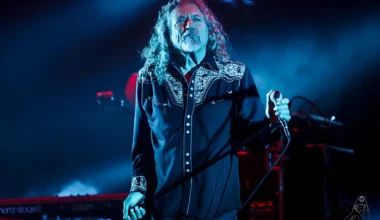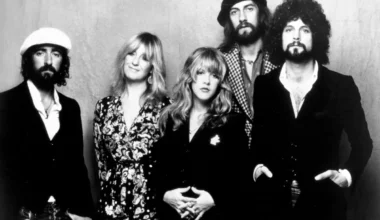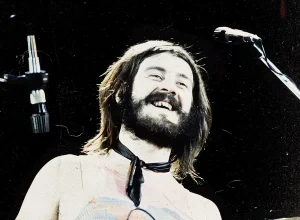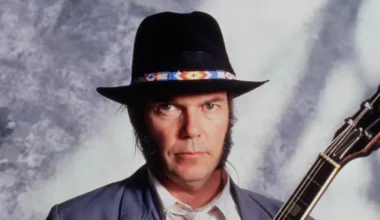It would seem reasonable to assume that George Harrison had complete freedom to do as he pleased after departing from the band that forever altered the music industry. Who was supposed to argue with the author of “While My Guitar Gently Weeps,” after all? But following The Beatles’ disbandment in 1970, Harrison took care to avoid damaging the reputation of the band or his former colleagues. Harrison’s solo career was characterised by spiritual exploration and an embrace of avant-garde musical styles, in contrast to the early McCartney and Lennon “diss hits.”
As the first of the four band members to pursue a solo career, Harrison left the hallowed confines of The Beatles. The guitarist had already recorded Wonderwall Music in 1968 and Electronic Sound, the follow-up, before the Fab Four broke up. Harrison was able to elaborate on his personal influences. These included the influence of Indian music and spiritualism. He did so through these records, which were primarily instrumental. For the most part of Harrison’s solo career, this theme persisted. It allowed the songwriter, who had been mainly restrained during his tenure with The Beatles, to utilize his songwriting abilities.
As Harrison’s songwriting evolved, spiritualism and the Hare Krishna movement began to have an increasingly noticeable influence on his solo work. Harrison was the member of The Beatles who truly committed himself to that world. Even though their experiences in India also affected the other members. To the extent that Wonderwall Music ultimately included a variety of prominent Indian musicians, including Aashish Khan and Shivkumar Sharma.
Harrison would find a lot of musical inspiration in the South Asian country, but it seemed like the songwriter could find inspiration anywhere. The Liverpudlian drew on a variety of experiences. These included his time spent on the Hawaiian island of Maui. This influenced his incredibly underappreciated 1979 self-titled album. During this trip, a full moon struck Harrison, a significant symbol in the spiritual realm.
George Harrison discussed the event with the BBC in 1979. He said, “I was in a particularly great place when I saw the moon coming up.” Recalling the moment, he thought, “‘Wow, you know, all this, and here comes the moon”‘! Here, the songwriter alludes to the song “Here Comes The Sun,” which he co-wrote for Abbey Road in 1969 alongside The Beatles. Harrison seemed to have realized almost immediately that there was room for a new song. It was a sort of sequel, meant to build on that beloved Beatles classic.
But there was trepidation about the idea. “I felt like I couldn’t write a song called that, they’ll kill me,” he said, referring to his ex-bandmates, most likely. “However, the song is a stand-alone piece that I wrote and it turned out really nice.” Harrison’s 1979 album featured the last track. It emphasizes the moon more than the metaphor found in “Here Comes The Sun,” forming a fitting follow-up to The Beatles track.
George Harrison stated, “Any other songwriters around.” They had 10 years to write “Here Comes the Moon” after “Here Comes the Sun.” But nobody else wrote it. “I might as well do it myself,” he said in defense of his choice to write and record the song. I guess you have to do things yourself if you want them done correctly.








